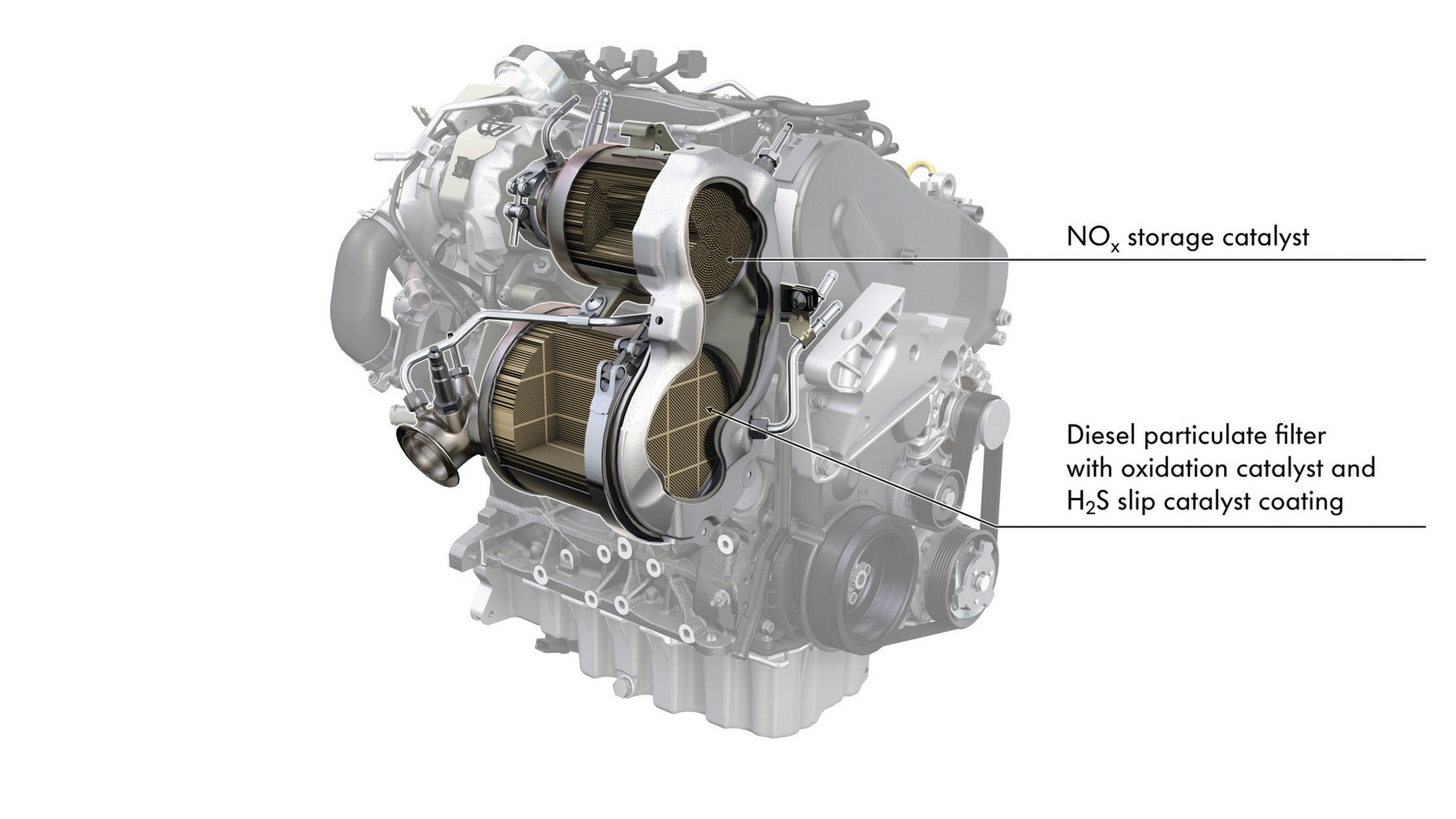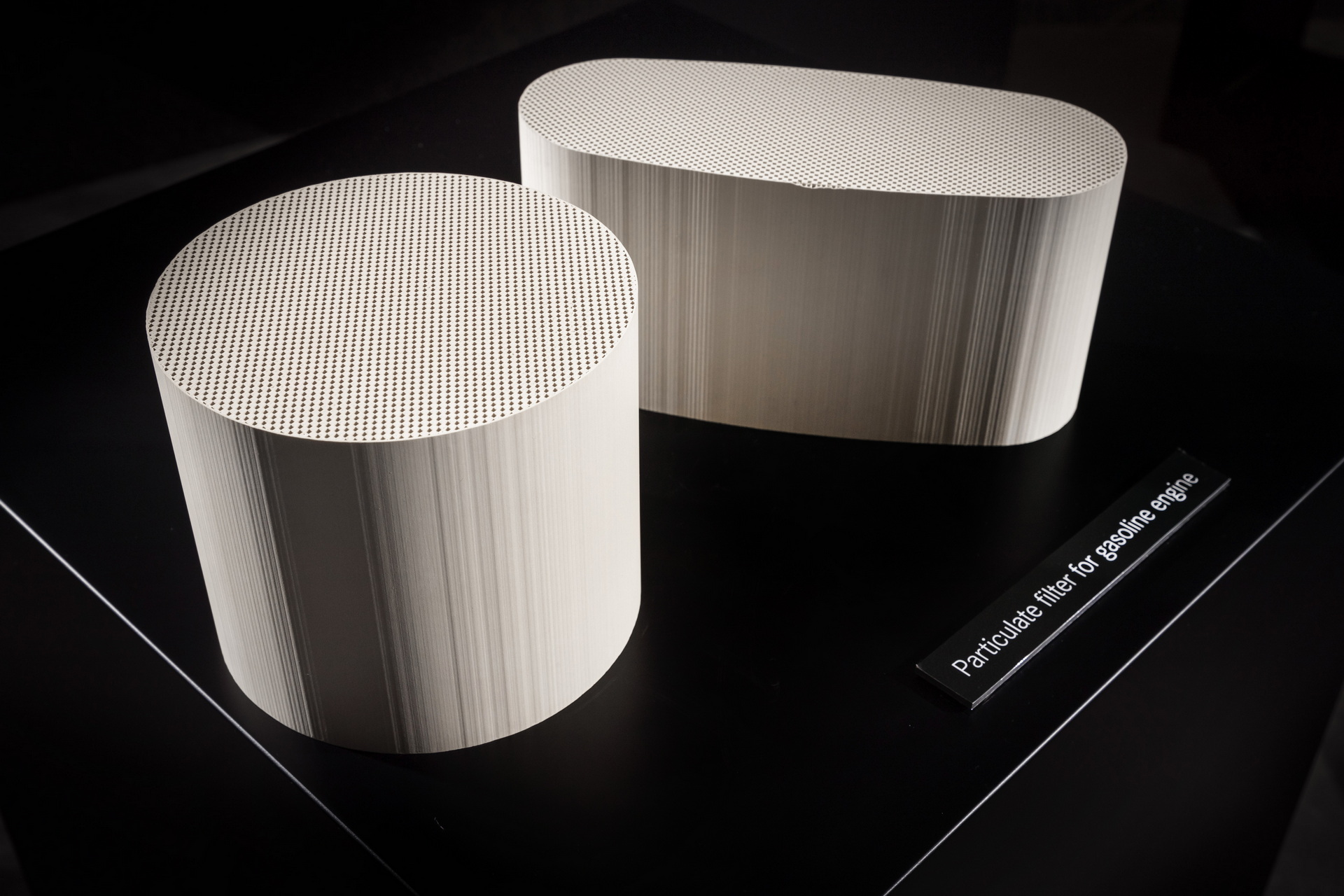Vehicles in the U.S. are set to release more than one septillion (1,000,000,000,000,000,000,000,000) exhaust emissions particles that could relatively easily be avoided with the use of diesel and gas particulate filters.
That’s according to a report from Emissions Analytics, which measured the relative emissions of several vehicles sold in the United States and in Europe whose only meaningful difference was the addition of mandated particulate filters. It found that American cars emitted around 540 billion more particles per mile than their European counterparts.
Particulate filters help prevent microscopic particles from escaping the vehicle and going into the atmosphere. These are invisible, so even vehicles that aren’t rolling coal are producing these emissions that could lead to negative health outcomes.
Read Also: Switching To EVs Could Save Public Health System $1.2 Trillion, 110,000 Lives By 2050
These particles have negative impacts on air quality and are observed to travel to the poles, where they land on the ice and help accelerate climate change because of the high “black carbon” content.
It is also known that the particles are small enough to be drawn deep into the lungs and are capable of crossing the blood-brain barrier, which has many concerned about their impact on cognitive development, though a direct link hasn’t yet been proven conclusively. Still, the European Union, India, and China have introduced legislation that has led to the adoption of particulate filters in those regions.
Those rules, however, have not been adopted in the U.S. and they may be important even in the event that the country transitions to electric vehicles. That’s because internal combustion vehicles will be on the road for decades longer than they’re allowed to be sold. That makes installing these filters now important for the future since internal combustion engines will be emitting for years.
Better still, the filters are becoming so good that they’re actually pulling harmful particulates from more than just vehicles they’re attached to. In the most extreme cases, the air coming out of the particulate filters can be cleaner than the air that has gone into them, making them an important tool to minimize the impact of global warming as we navigate the transition to electrification.
Although the price of particulate filters (around $200 per unit) may be what’s preventing automakers from installing them, from a public health point of view, they’re quite cost-effective because it costs just 0.0004 cents per billion particles not emitted thanks to them.




